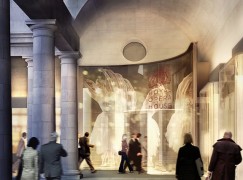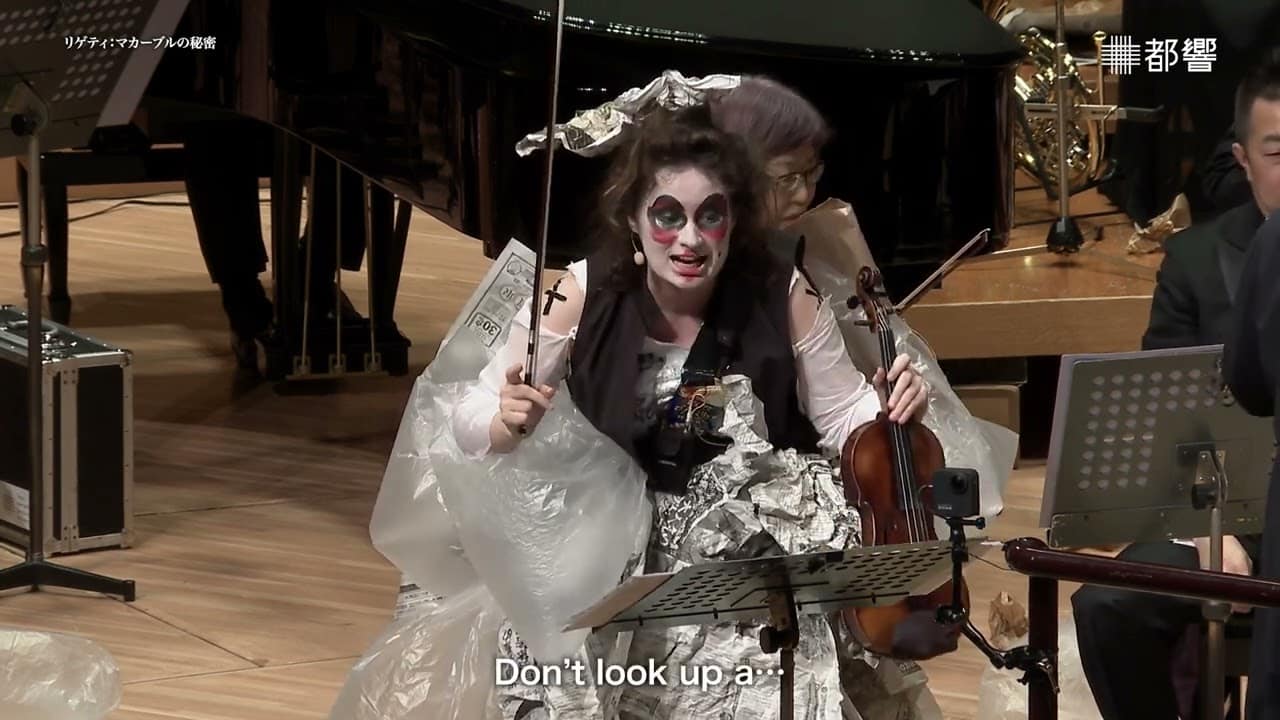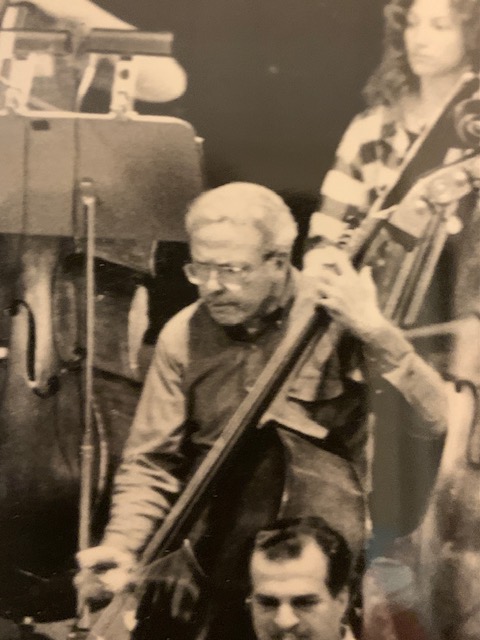Two Covent Garden chiefs earn over £250,000
mainA tweet from Rupert Christiansen prompts us to take a closer look at the Royal Opera House accounts for the year ended 31 August 2014, the more so in light of Peter Gelb’s inflated salary at the Metropolitan Opera.
What we find is that Sir Antonio Pappano took home just under £539,000 ($840k), which is not far out of line for a hard-working music director in his 14th year of service. Pappano draws a second salary at Santa Cecilia in Rome.
Larger than expected were the next two highest earners. Kasper Holten, head of opera, pulls down just under £289,000 and Alex Beard, the chief executive, just over £250,000.
That is still less than one-sixth of Gelb’s whack, but it’s creeping up.






Comments